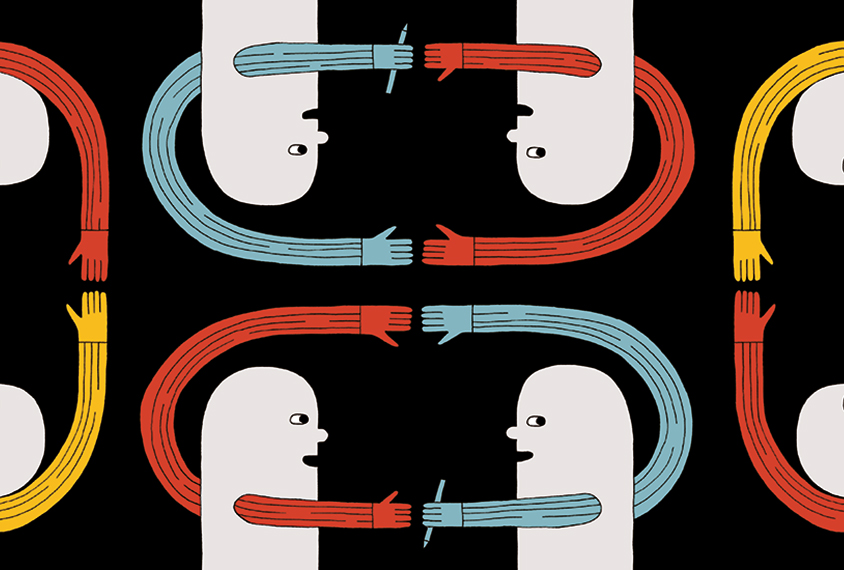
Zachary J. Williams
M.D./Ph.D. student
Vanderbilt University
From this contributor
Designing autism-friendly trials: Q&A with Caroline Averius and Zachary Williams
The pair’s new guidebook offers practical steps to make clinical trials easier and more meaningful for autistic participants.

Designing autism-friendly trials: Q&A with Caroline Averius and Zachary Williams
A new hub for participatory research: Q&A with Zachary Williams
Last month, the International Society for Autism Research launched the INSAR Community Collaborator Request (ICCR), an online forum to foster collaborations between autistic people and autism researchers. Its creator, Zachary Williams, explains how researchers can make the most of this new resource.

A new hub for participatory research: Q&A with Zachary Williams
Measuring alexithymia in autistic people
Despite the growing interest in alexithymia in autism research, the tools commonly used to measure this trait may not work reliably in autistic populations. A new scoring method fills that gap.

Measuring alexithymia in autistic people
Explore more from The Transmitter
Two primate centers drop ‘primate’ from their name
The Washington and Tulane National Biomedical Research Centers—formerly called National Primate Research Centers—say they made the change to better reflect the breadth of research performed at the centers.

Two primate centers drop ‘primate’ from their name
The Washington and Tulane National Biomedical Research Centers—formerly called National Primate Research Centers—say they made the change to better reflect the breadth of research performed at the centers.
Post-infection immune conflict alters fetal development in some male mice
The immune-conflict between dam and fetus could help explain sex differences in neurodevelopmental conditions.

Post-infection immune conflict alters fetal development in some male mice
The immune-conflict between dam and fetus could help explain sex differences in neurodevelopmental conditions.
Three ecological psychologists on the right and wrong ways to use the field’s principles in neuroscience
Matthieu de Wit, Luis H. Favela and Vicente Raja weigh in on the recent trend of neuroscientists importing concepts from ecological psychology, the study of how an organism’s interactions with its environment explain perception and action.
Three ecological psychologists on the right and wrong ways to use the field’s principles in neuroscience
Matthieu de Wit, Luis H. Favela and Vicente Raja weigh in on the recent trend of neuroscientists importing concepts from ecological psychology, the study of how an organism’s interactions with its environment explain perception and action.